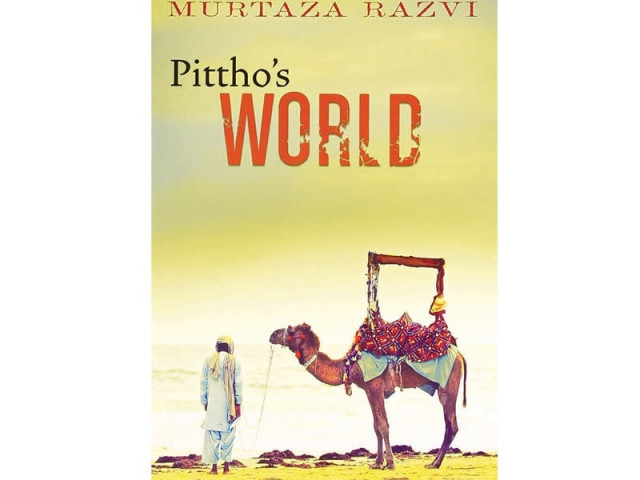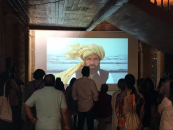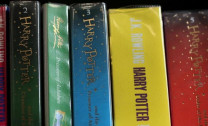Book review: Razvi’s world without him in it
Pittho’s World was perhaps the beginning of a great Pakistani writer.

Available at Liberty Books for Rs591.
The prime narrator of the story, who calls himself by a rather ostentatious name, Sheikho, routinely tells his lover Rani stories mostly about his dead relatives — primarily to cope with insomnia which both of them seem to be suffering from.
But many times his stories fail to have the desired impact on his rebellious lover who is a cynic, feminist and atheist of sorts as evidenced by her defiance of convention. She lives with the narrator under the vague threat of legal punishment. Under the post-1980 laws cohabitation and disbelief in God are regarded as fornication and blasphemy.
Whether Rani likes her lover’s stories or not, they will engage the reader as long as the writer’s strong political self, his liberal idealist, is kept at bay. This persona hovers like a specter throughout the novel. And it gets its chance to hijack the narrative when Sheikho’s lover, exercising her free will as a free woman, temporarily leaves him.
This is the point where the novel turns into a political commentary drawn from the stock, ready-made liberal-Marxist perspective. It doesn’t help that the author’s concept of the reader also skews his style. Keeping a foreign audience in mind, he goes into explanatory details which are superfluous for the local readers and which dilute the impact of the individual stories, some of which are good and intelligent, if not a great, pieces of fiction.
In spite of the occasional partiality of the narrative, the novel does at places impress with its simple correctness of expression and intelligently drafted character sketches — verbal portraits which at times appear to have been drawn simultaneously from the worlds of Gabriel García Márquez and Ratan Nath Sarshar.
At their best in the Bia and Dr D stories, Razvi’s characters masterfully demonstrate the irony and dark humour of the forces of fate. Like One Hundred Years of Solitude, Pittho’s World also works through the theme of recurring family traits and destinies through generations.
Razvi also successfully applied the method brought to perfection by Yusufi in Aab-e-Gum, a technique which allows the writer to subtly reveal some of his characters through hints scattered throughout the work.
But the development of these promising qualities in what would have been a budding writer is now a matter of speculation. We have been left with his first and final book of fiction, which, I hope, will be read even as it produces a mixture of praise and condemnation in its wake.
Published in The Express Tribune, Sunday Magazine, July 21st, 2013.
Like Express Tribune Magazine on Facebook, follow @ETribuneMag on Twitter to stay informed and join the conversation.



















COMMENTS
Comments are moderated and generally will be posted if they are on-topic and not abusive.
For more information, please see our Comments FAQ